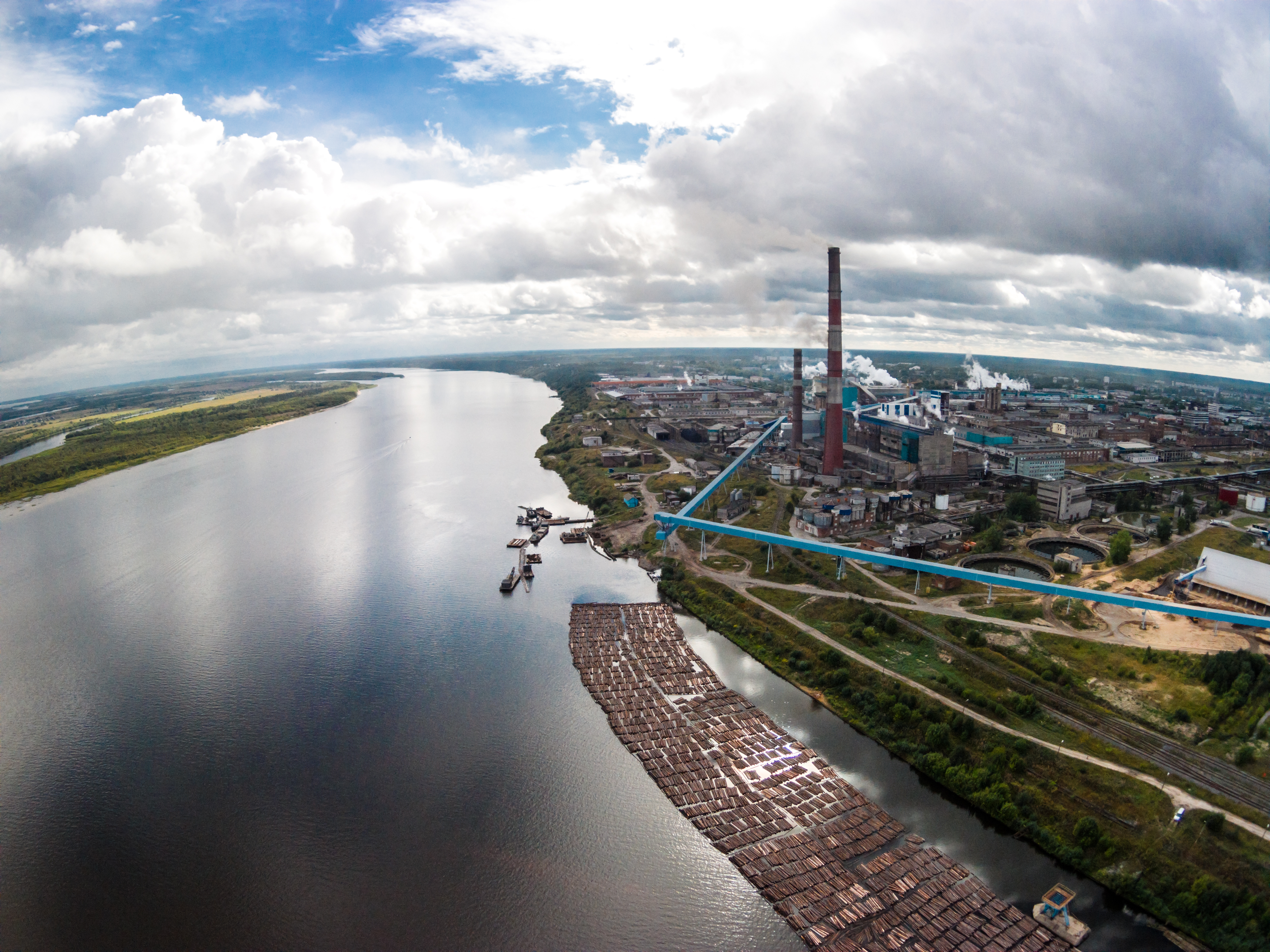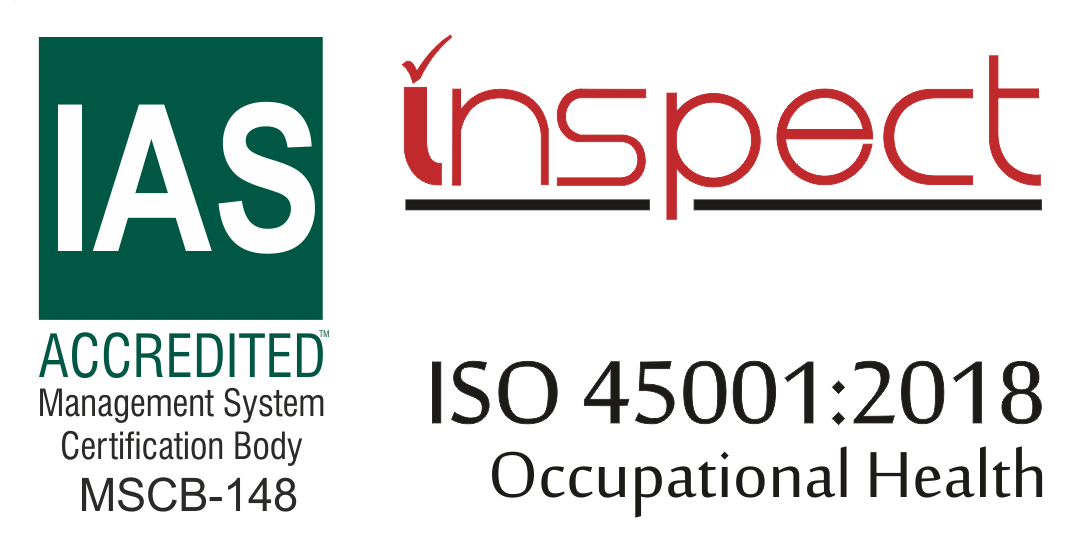In early February in Luleå (Sweden), under the chairmanship of the Deputy Prime Minister and Minister of Ecology of Sweden Isabella Lövin, a meeting of the environmental agencies' heads of the Barents Region member-countries was held, during which the effective coordination of Russia with Finland, Norway and Sweden in the framework of the Barents Euro-Arctic Council (BEAC) was noted. The Russian delegation was led by the Director of the Department of International Cooperation of the Ministry of Natural Resources of Russia Nuritdin Inamov.
The BEAC Working Group on Environment presented reports on the activities related to biodiversity conservation, conservation and environmental rehabilitation of water bodies, solutions to the environmental "hot spots" problems in the Barents region, adaptation to climate change and reduction of anthropogenic pressure on the region’s ecosystem.
Particular attention was paid to the organization of activities to exclude the "hot spots" from the Barents List. It was noted that with the support of the Ministry of Natural Resources of Russia, the Russian regions and business community had performed a significant work to improve the environmental status of the enterprises in the Barents List, including through the involvement of NEFCO resources and funds from the partner countries and international financial institutions.
Based on the discussions, the hot spot of the Arkhangelsk region represented by the pulp and paper enterprises of the region, including Arkhangelsk PPM, as potential sources of dioxin pollution (A9-1), is recognized as complying with the Russian environmental regulations and international requirements and excluded from the Barents List.
When assessing this result, the Chief Ecologist of Arkhangelsk PPM Evgenia Moskalyuk explained that the mill had been expecting this event in the form of official international confirmation of compliance with the established requirements for a long time. Initially, this hot spot included enterprises in the pulp and paper and woodworking industries. As a result of the implementation of a number of environmental measures, Arkhangelsk PPM JSC was recognized by the experts as ready to be excluded from the list. However, the mill could not be excluded due to the complex nature of the A9 spot. In this regard, the procedure of the A9 hot spot "separation" was carried out, then the official exclusion procedure was initiated for pulp and paper enterprises. "This event is significant for the mill as a high-level professional result of the environmental performance assessment and as a positive result of the long-term joint work of the working group members on the exclusion of the hot spots from the list," said Evgenia Moskalyuk. "The exclusion would have been impossible without the significant work of the Northern Department of the Federal Service for Supervision of Natural Resources (Rosprirodnadzor) and the Ministry of Ecology and Forest Industry Complex. The experience gained in the course of joint actions can serve as an example of how to solve the existing national problems in the field of environmental safety. "
It is worth reminding that on 15 December, 2017, Arkhangelsk PPM was excluded from the List of the Arctic environmental "hot spots" at the conference of the Barents Euro-Arctic Council (BEAC) in Vadsø (Norway).




